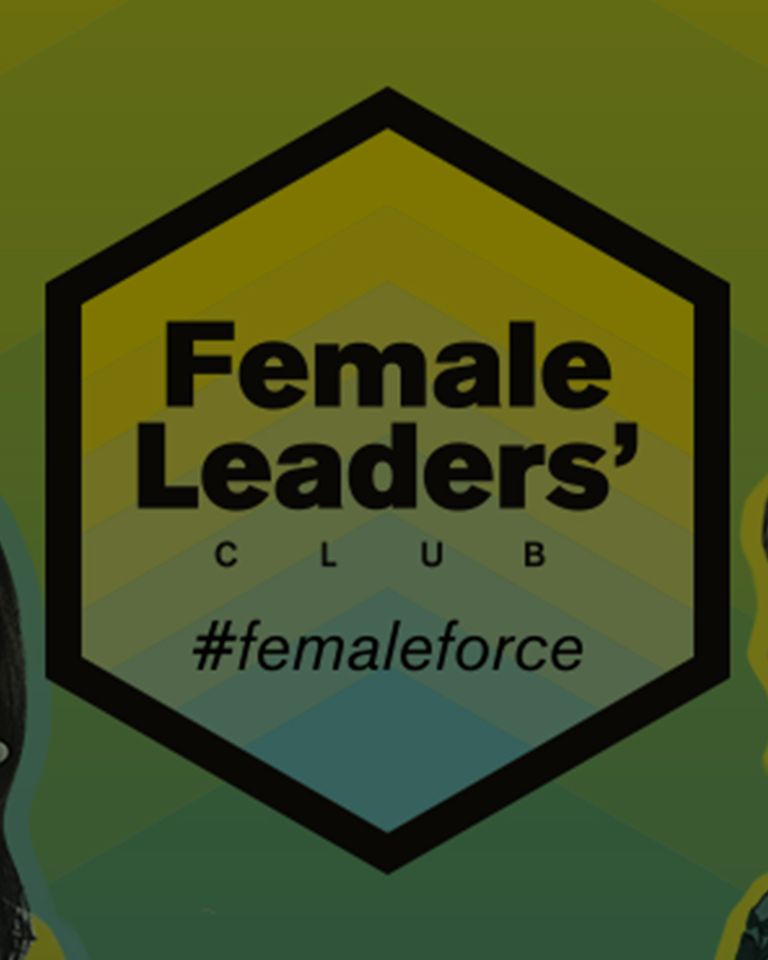Carving space for women in Growth Marketing
10 December 2024

Growth marketing, a field typically fuelled by data, innovation, and impact, is one of the fastest growing subsets of marketing today. However, its culture remains heavily dominated by men, giving rise to the infamous "growth bro" persona. This perception, steeped in aggressive "hacking" methodologies, often creates an environment that feels exclusionary, especially for women.
As a female leader in marketing, I’ve personally felt the pressure to adopt a more aggressive approach just to be perceived as credible. This dynamic isn’t unique to me but reflects a larger issue in how growth marketing is defined and who it’s perceived to be for.
Growth marketing doesn’t need to remain confined to a single stereotype, nor should it be tethered to a hyper-aggressive approach that can alienate diverse perspectives. There’s immense potential for women to reshape this landscape, bringing empathy, pragmatism, and a balanced approach that prioritises both impact and inclusion.
The "Growth Bro" culture
The term "growth hacking" itself speaks volumes. Rooted in a sense of urgency and aggression, it has become synonymous with rapid experimentation and high-pressure execution. While undeniably effective in certain scenarios, this culture is often unwelcoming to women who may not resonate with the combative energy it conveys.
This isn’t to say that women aren’t data-driven or results-oriented. Far from it. Women in marketing have consistently demonstrated their ability to use data and analytics to inform decisions and drive impactful campaigns. Yet, the industry’s image has led to an unspoken gatekeeping that excludes diverse voices and perpetuates the myth that only a specific kind of person can thrive in this space.
Why women belong in Growth Marketing
Women bring a unique perspective to growth marketing that the industry desperately needs. The very traits often dismissed as “soft skills” are, in fact, essential to long-term, sustainable growth.
Women tend to approach challenges with a blend of empathy and pragmatism, qualities that allow them to see the bigger picture. This broader perspective is invaluable in understanding consumers on a human level and crafting growth strategies that resonate authentically with diverse audiences.
While growth marketing often emphasises a “numbers-only” approach, there’s a need to blend intuition with analytics. Women can bring insights that lie beyond the spreadsheets, interpreting data in a way that connects with real-world outcomes. This holistic view ensures that growth isn’t just about metrics but about meaningful, customer-centric progress.
Growth doesn’t happen in a silo. Women are natural collaborators, often excelling at fostering inclusive environments where teams can innovate and contribute. In an industry where the loudest voices often dominate, women bring an invaluable ability to listen, unify, and inspire diverse perspectives.
Dispelling myths and creating space
By spotlighting women in growth marketing, we can challenge stereotypes and encourage others to see themselves in this field. Diverse role models are key to breaking down barriers and inspiring the next generation of marketers.
We must also redefine what success looks like in this industry. Growth doesn’t have to be cutthroat or aggressive to be effective. It can be thoughtful, strategic, and inclusive, and all without compromising on results.
Growth marketing thrives on innovation, and innovation thrives on diversity. By embracing a wider range of voices, the industry can unlock untapped potential and deliver more nuanced, impactful solutions.
Driving change and taking action
The growth marketing industry is at a crossroads and can either remain trapped in a narrow, exclusive culture or open itself up to the wealth of talent and perspectives that women, and other underrepresented groups, bring. This requires actively championing equality and inclusion, from mentoring emerging female marketers to challenging the status quo in hiring and leadership.
I’m proud to have built a growth team at Charlie Oscar that bucks the trend as 60% of our team is female. This is a testament to the fact that women not only belong in this space but thrive in it.

